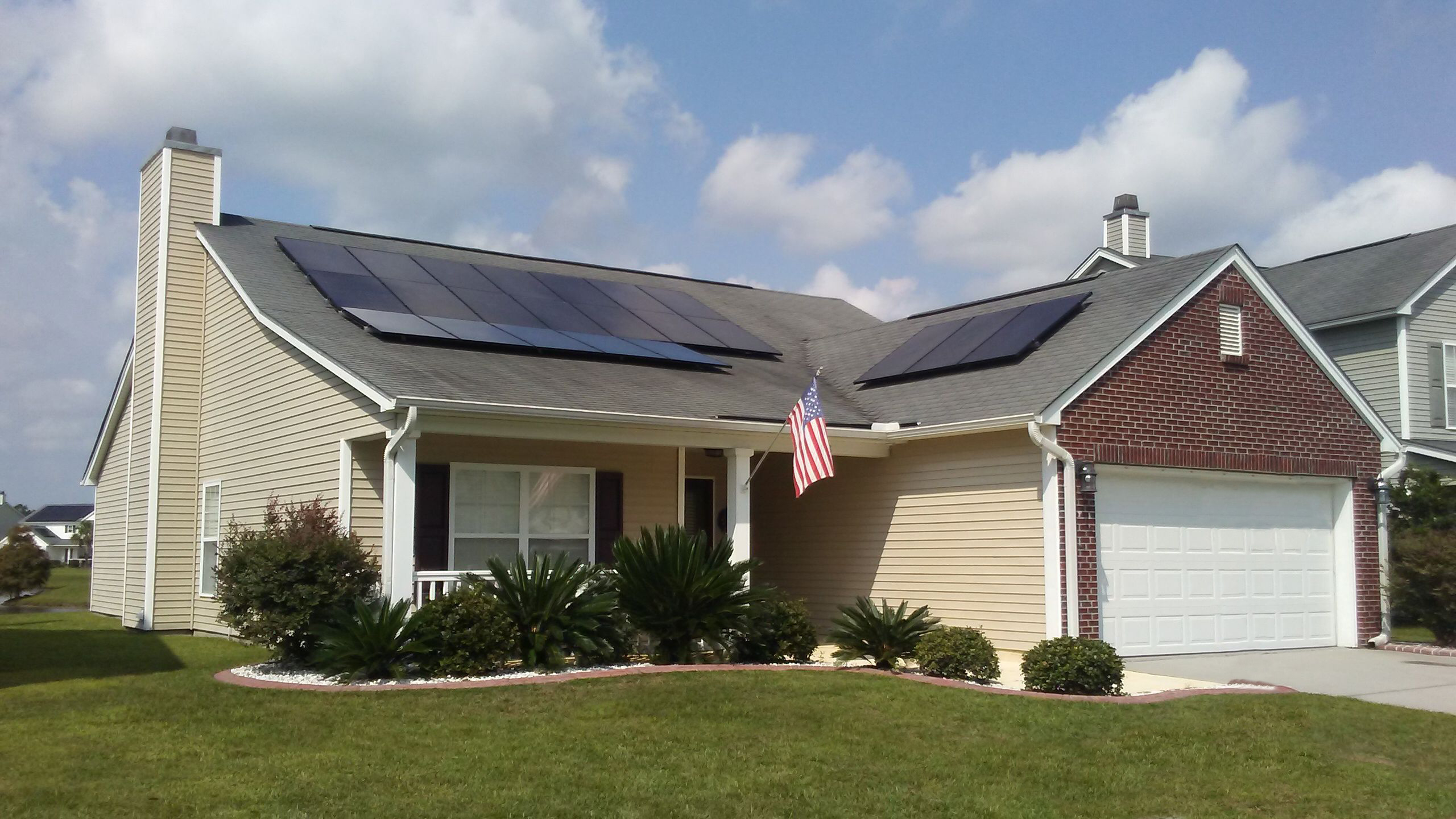The Cost of Going Solar: Factors to Consider and Potential Savings

The cost of going solar
A lot of factors can affect the cost of your solar system. Learn what they are and what it means for you.
The cost of going solar can vary widely depending on a number of factors. Here are some of the key factors that can affect the cost of a solar system and what they might mean for you:
System size:
The size of the solar system you need will depend on your energy needs and the size of your property. Larger systems will cost more than smaller systems, but may also provide greater energy savings over time.
Type of panels:
The type and quality of solar panels you choose can affect the cost of your system. High-efficiency panels will generally cost more than lower-efficiency panels, but may also provide greater energy savings over time.
Installation costs:
The cost of installation will depend on factors such as the complexity of the installation, the type of mounting system used, and the cost of labor in your area.
Incentives and rebates:
Federal, state, and local incentives and rebates can help offset the cost of a solar system. These incentives can vary widely depending on where you live and the type of system you choose.
Financing options:
The cost of a solar system can also be affected by the financing option you choose. Financing options can include leases, power purchase agreements, and loans with different terms and interest rates.
Utility rates:
The cost of electricity from your utility company can also affect the cost of going solar. If your utility rates are high, a solar system may provide greater savings over time.
Overall, the cost of going solar will depend on your unique circumstances and energy needs. While a solar system may require an upfront investment, it can provide significant long-term savings on your energy bills and help you reduce your carbon footprint. Be sure to research your options carefully and consult with a reputable solar provider to help you understand the costs and benefits of going solar.


